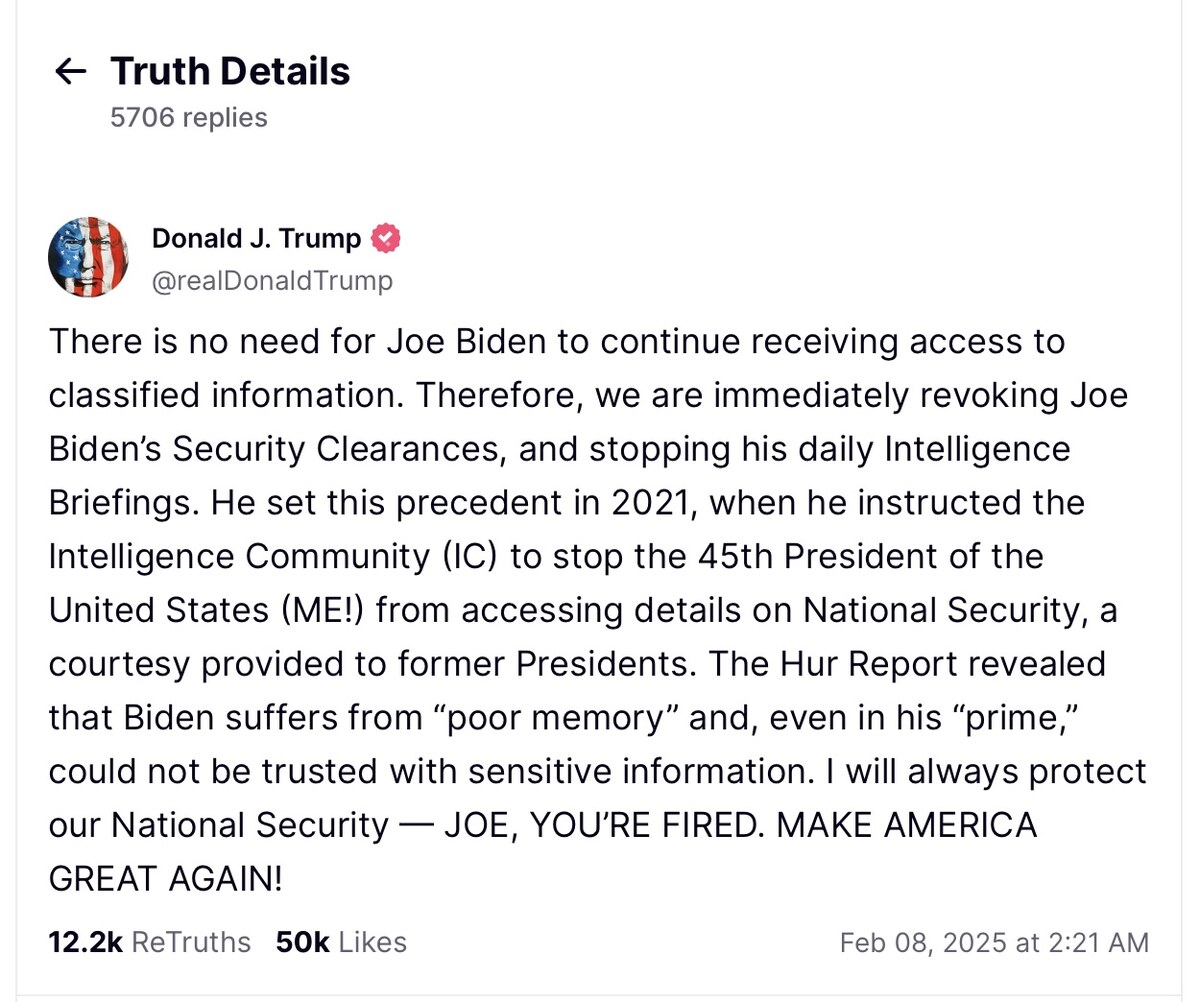NEW DELHI: India’s mammoth general election rolled on Friday into its second phase, which is widely believed to likely set the trend for the rest of the polls.
More than 968 million voters were registered to cast the ballot vote in the world’s most populous country, where incumbent Prime Minister Narendra Modi and his Hindu nationalist Bharatiya Janata Party are eyeing a rare third straight five-year term in power.
The first phase of the vote was on April 19 as polling takes place over six weeks, with results expected on June 4. The other voting dates will be May 7, May 13, May 20, May 25 and June 1.
India has a total of 28 states and eight federally governed territories. Some regions complete the process on a single day, and others spread it out over several phases.
Voting last week took place in 21 states and union territories, with nearly 169 million people eligible to cast their ballots. In the second phase, more than 160 million people were expected to vote across 13 states and federal territories.
As many as 1,202 candidates contested the polls on Friday, vying for 88 of the 543 seats in the lower house of Parliament. In the previous phase, 102 seats were up for grabs.
More than half of the 88 seats were in the southern states of Kerala and Karnataka and the northwestern state of Rajasthan.
The party or coalition that wins at least 272 seats will form the government.
Modi, who ahead of the election was targeting 400 seats for his BJP-led National Democratic Alliance, is challenged by an alliance of two dozen opposition parties — the Indian National Developmental Inclusive Alliance, or INDIA, led by the Congress party, which has ruled the country for close to 45 years since independence in 1947.
‘MINI-GENERAL ELECTION’
The second phase of India’s polls is seen by analysts as defining the dynamics of the remaining five phases. One of the factors was the voter turnout, which in this election might be lower.
In the first phase, 66 percent of those eligible to vote cast their ballot — compared with 70 percent in 2019.
“From the first phase of the election, the message went that there is a silent undercurrent against the BJP and the dip in the voting percentage sent the signal that the BJP would slip in its strongholds in northern India particularly Uttar Pradesh,” Umakant Lakhera, political commentator in Delhi, told Arab News.
“If the trend of voters’ perceived apathy toward the election in general — and the BJP in particular — continues, then it’s an opportunity for the opposition Congress party to consolidate and mobilize its resources to widen its reach and capitalize on anti BJP sentiment.”
The key leader of the opposition coalition and Congress member is Rahul Gandhi, the son of Rajiv Gandhi, a grandson of Indira Gandhi, and a great-grandson of Jawaharlal Nehru, all of whom served as prime ministers of India.
Gandhi is seeking re-election from Wayanad in Kerala — the only major state that has never elected a BJP member of parliament, and where it was not a main competitor. This year, Modi’s party has been trying to make inroads into the state’s political scene.
The main contenders, besides Gandhi, are Annie Raja of the Communist Party of India and BJP’s K. Surendran.
“Kerala always has witnessed bipolar politics, but the BJP has been trying this time to make it a triangular contest, and this election will test whether a third force can find space in Kerala or not,” Prof. G. Gopa Kumar, political scientist and adviser to the Kerala-based Center for Public Policy Research, told Arab News.
“The second phase will test whether the stigma of the BJP of being an outsider in Kerala will continue or not, whether the stigma of not winning a seat in Kerala will continue or not.”
Far from Kerala, in the north, where several states were also going to the polls, another test was taking place at the same time — for the Congress party. Congress plunged to a historic low when it was swept out of power by the BJP in the 2014 general vote, and won its second-lowest number of 52 seats in 2019.
“The second phase is a mini-general election. What is at stake is whether the Congress is going to challenge the dominance of the BJP in the north Indian states like Uttar Pradesh, Rajasthan, Madhya Pradesh or not,” Kumar said.
“The contest is getting serious from now on. For the Congress, it is a survival question as they have to prove that they can defeat the BJP and survive as a big force.”
Although surveys suggest Modi will easily win a comfortable majority in parliament, his 400-seat target, often repeated ahead of the polls, has not been cited since last week’s first phase.
Asad Rizvi, an analyst based in Lucknow, the capital of India’s most populous state and BJP stronghold, Uttar Pradesh, said that the performance was apparently not as good as expected, despite the repetition of the party’s tactics of polarization along religious lines.
“A perception has come to dominate after the first phase of elections that the BJP has not performed well in its strongholds in Uttar Pradesh, therefore, the BJP will have a tough time mobilizing its core voters to retain the seats,” he told Arab News.
“The second phase is also crucial that will test whether the BJP’s communal agenda is working or not.”
India’s mammoth election heats up in trend-defining second phase
https://arab.news/9pb9z
India’s mammoth election heats up in trend-defining second phase

- Second phase is seen by analysts as defining dynamics of rest of the polls
- Turnout in first phase was lower than expected — 66 percent, compared with 70 percent in 2019

























